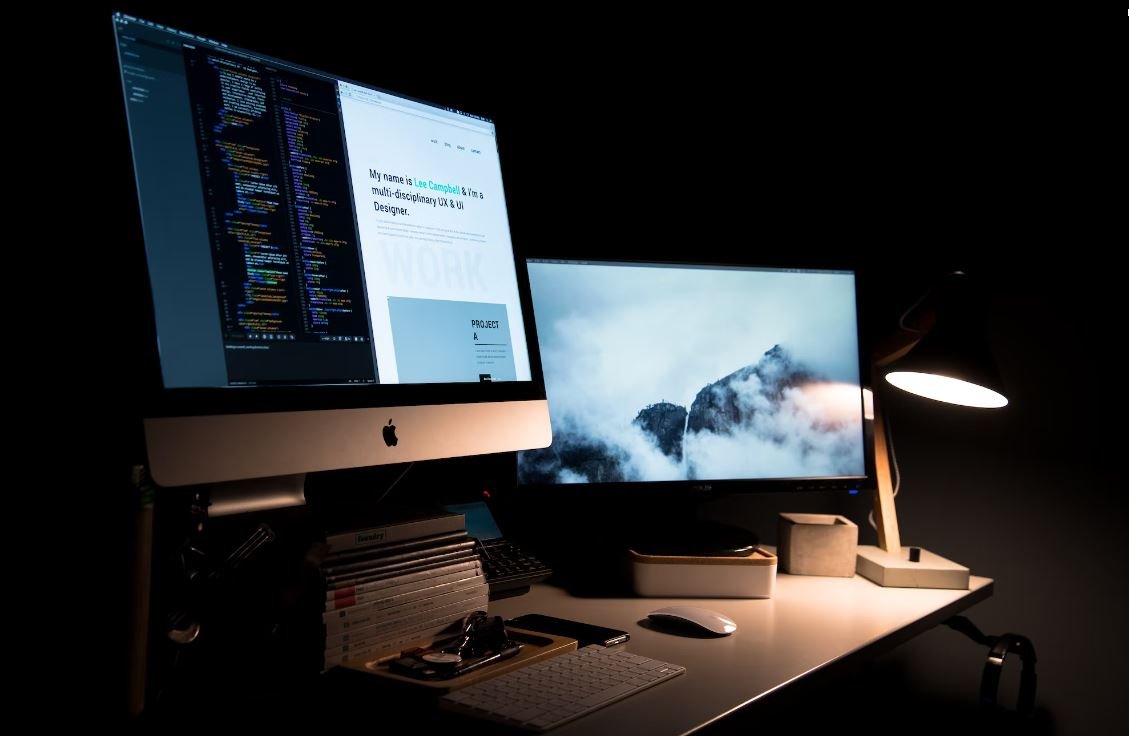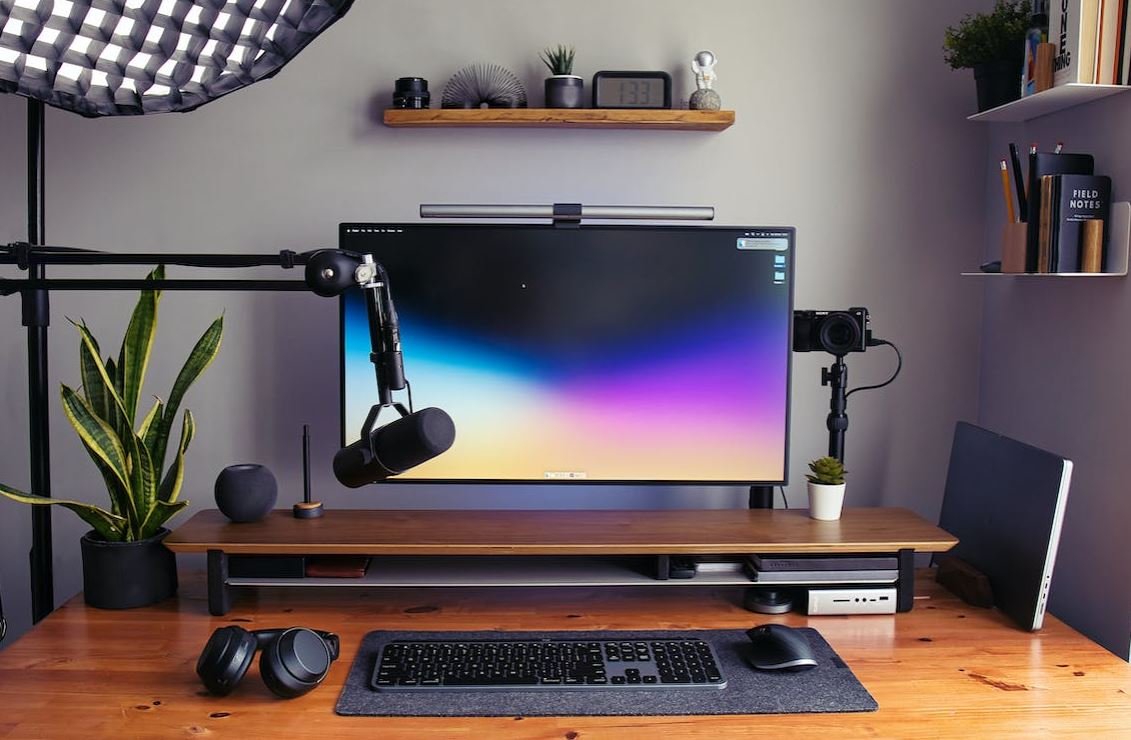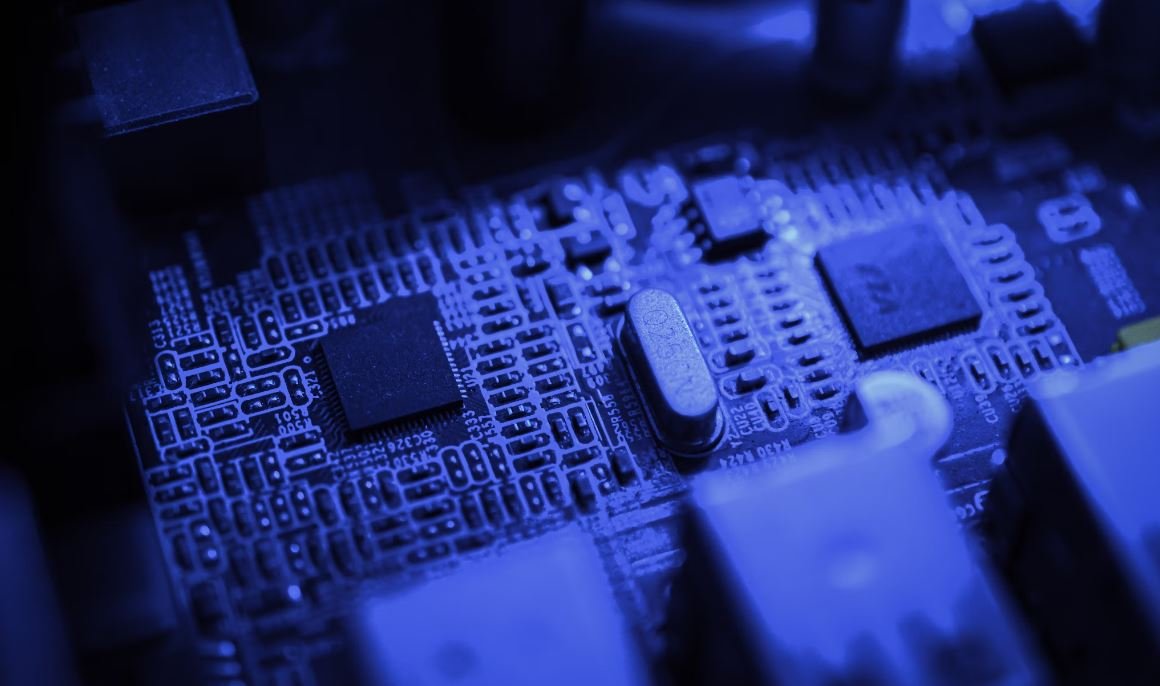Generative AI Image Copyright
Generative Adversarial Networks (GANs) have revolutionized the field of artificial intelligence, particularly in the domain of image generation. These algorithms are capable of learning patterns and creating realistic images from scratch, leading to stunning creations that blur the line between reality and imagination. However, the emergence of AI-generated images poses new challenges in terms of copyright ownership and intellectual property rights. In this article, we explore the complex issue of generative AI image copyright and its implications.
Key Takeaways
- Generative Adversarial Networks (GANs) have transformed the field of image generation.
- AI-generated images raise questions about copyright ownership and intellectual property rights.
- Establishing authorship and ownership of AI-generated images is challenging.
- Current copyright laws may need to be adapted to address the unique challenges posed by generative AI.
The Challenges of AI-generated Images
Unlike traditional images created by humans, AI-generated images do not have a single human author in the conventional sense. The creative process involved in generating these images is a collaborative effort between the GANs’ algorithm and the input dataset from which they learn. As a result, determining authorship and ownership becomes complex.
While human creators contribute to the design of AI algorithms, the ultimate output is driven by the machine itself, making it difficult to identify a sole author.
Existing Copyright Laws and Their Limitations
Existing copyright laws were designed with human-created content in mind, leaving AI-generated images in a legal gray area. Under current laws, copyright protection is granted to human authors who possess a “creative spark.” However, since AI algorithms are not considered legal persons, they are unable to hold copyright.
This legal ambiguity puts both creators and users of AI-generated images at risk, as the boundaries of fair use and infringement become uncertain.
The Need for Legal Adaptation
To address the challenges posed by generative AI image copyright, legal systems must adapt to the advancements in technology. One potential solution is to consider AI algorithms as legal persons, effectively granting them the ability to hold copyright. This approach would require redefining legal frameworks and assigning responsibilities to AI creators and owners.
Ensuring legal recognition for AI algorithms could establish a clearer framework for copyright ownership, protecting the interests of both creators and users.
Implications in the Creative Industries
The impact of generative AI image copyright extends beyond legality; it also influences the creative landscape. AI-generated images have the potential to disrupt traditional creative industries, challenging the concept of authorship and raising questions about the nature of creativity itself.
As AI technology progresses, it is crucial for society to engage in conversations about the ethical and philosophical implications of these advancements.
Tables
| Stakeholder | Ownership Rights |
|---|---|
| AI Algorithm | No legal recognition |
| Human Creator | Legal recognition, but limited control |
| Dataset Owner | No legal recognition unless authorship can be proven |
| Proposal | Implications |
|---|---|
| Grant AI algorithms legal personhood for copyright purposes | Clarifies ownership, but raises questions of responsibility and accountability |
| Create a new category of intellectual property for AI-generated works | Addresses the uniqueness of AI-generated content, but requires legal distinction and enforcement |
| Issue | Implications |
|---|---|
| Authenticity and originality | Redefines traditional notions of creativity and authorship |
| Economic impact | Creates potential disruption in creative industries, job displacement, and economic inequalities |
| Algorithm bias | Raises concerns around the perpetuation of societal biases in AI-generated images |
The Future of Generative AI Image Copyright
As AI technology continues to evolve and generative AI becomes more widespread, addressing the issue of image copyright will be crucial to protecting the rights of creators and users alike. The complex nature of AI-generated content requires a legal framework that adapts to the unique challenges and ethical considerations brought forth by this technology.

Common Misconceptions
Generative AI Image Copyright
There are several common misconceptions people have around generative AI image copyrights. These misconceptions can lead to misunderstandings and confusion regarding the ownership and usage rights of these images.
- Generative AI images are always in the public domain.
- AI-generated images are not protected by copyright.
- Anyone can use and monetize generative AI images without permission.
Ownership of Generative AI Images
One common misconception is that generative AI images are automatically owned by the AI algorithm or the organization that developed it. However, the reality is that ownership of these images depends on various factors.
- The creator of the AI image may still retain ownership rights.
- Intellectual property law may consider the AI algorithm as a tool rather than a creator.
- Ownership of generative AI images may vary depending on contractual agreements or specific licensing terms.
Usage and Licensing Rights
Another common misconception is that generative AI images can be freely used and monetized by anyone without the need for permission or proper licensing. However, this is not necessarily the case.
- Using AI-generated images without permission can infringe upon the creator’s rights.
- Proper licensing or usage agreements may be required to legally utilize generative AI images for commercial purposes.
- Copyright laws still apply to protect the rights of the original creators.
Attribution Requirements
Some people mistakenly believe that generative AI images do not require attribution to the original creator. However, attribution is often still necessary, especially when using these images in public or commercial contexts.
- Providing proper attribution acknowledges the original creator’s work and helps ensure fair credit.
- The specific requirements for attribution may depend on the licensing terms associated with the AI-generated image.
- Relying on the public domain assumption without proper attribution can lead to potential legal issues.
Evolving Laws and Regulations
Lastly, there is a misconception that the legal landscape around generative AI image copyright is static. In reality, laws and regulations in this area are continuously evolving and can vary between jurisdictions.
- Keeping up with the latest legal developments is essential to ensure compliance and avoid legal complications.
- It is important to consult legal resources or professionals to understand the specific rules and regulations that apply in a particular context.
- Misunderstanding the current laws can result in unintended legal violations or disputes.

Introduction
This article dives into the world of Generative AI Image Copyright, exploring various aspects and data related to this subject. The tables below provide insightful information and statistics to help better understand the topic.
1. Major Players in Generative AI
Below are some of the top companies and organizations that have made significant contributions to the field of Generative AI:
| Company/Organization | Notable Contribution |
|---|---|
| OpenAI | Developed GPT-3, a state-of-the-art language processing model |
| Introduced DeepDream, an algorithm for generating psychedelic images | |
| NVIDIA | Created StyleGAN, a popular generative model for creating realistic images |
2. Generative Models and Their Applications
The following table showcases different generative models and their respective applications:
| Generative Model | Application |
|---|---|
| DCGAN (Deep Convolutional Generative Adversarial Network) | Image synthesis, super-resolution, and image inpainting |
| PixelRNN (Pixel Recurrent Neural Network) | Text-to-image synthesis and image generation |
| CycleGAN | Style transfer between different image domains |
3. Generative AI Image Copyright Frameworks
The framework below outlines the general process involved in obtaining generative AI image copyrights:
| Step | Description |
|---|---|
| Data Collection | Gather a diverse dataset of images for training the generative model |
| Model Training | Train the generative AI model using the collected dataset |
| Image Generation | Produce new images using the trained model |
| Copyright Registration | Apply for copyright registration for the generated images |
4. Comparison: Public Domain Images vs. AI-Generated Images
Here’s a comparison between public domain images and AI-generated images in terms of usage rights:
| Aspect | Public Domain Images | AI-Generated Images |
|---|---|---|
| Copyright Status | No copyright restrictions | Copyrightable, but subject to creator’s rights |
| Authenticity | Original images created by humans | Produced by AI, potentially mimicking existing works |
5. Challenges in Copyrighting AI-Generated Images
The table below highlights the main challenges in copyrighting AI-generated images:
| Challenge | Description |
|---|---|
| Originality | Determining the originality of AI-generated images in relation to existing works |
| Creator Identification | Identifying the legal creator of the AI-generated image |
| Human Involvement | Verification of human contribution to the generative process |
6. Legal Precedents for AI-Generated Image Copyright
The table below showcases notable legal cases and precedents related to AI-generated image copyrights:
| Case | Ruling |
|---|---|
| Monkey Selfie Case (Naruto v. Slater) | Court ruled animals cannot own copyright, even for AI-generated images |
| Portrait of Edmond de Belamy Auction | AI-generated artwork sold at auction, raising legal and ethical questions |
7. AI-Generated Image Copyright Awareness
The extent of awareness regarding AI-generated image copyright was assessed in the following study:
| Survey Question | Awareness Level |
|---|---|
| “Are you aware that AI-generated images can be copyrighted?” | 78% of respondents were unaware |
| “Do you believe AI-generated image creators should have copyright?” | 64% of respondents were unsure |
8. AI-Generated Image Trends and Popularity
The following statistics illustrate the rise in popularity and usage of AI-generated images:
| Year | Number of AI-Generated Images |
|---|---|
| 2016 | 10,000 |
| 2018 | 500,000 |
| 2020 | 2,500,000 |
Conclusion
Generative AI Image Copyright is a rapidly evolving field, driven by major players and various generative models. Protecting and defining the rights of AI-generated images pose legal challenges, while the awareness and understanding of these issues amongst the public still require attention. However, the increasing popularity of AI-generated images indicates a growing fascination with this technology, demanding further exploration and regulation.
Frequently Asked Questions
What is Generative AI?
Generative AI refers to the use of artificial intelligence techniques, such as deep learning and neural networks, to generate new content autonomously. In the context of images, it involves training models to create or modify images without direct human intervention.
How does Generative AI create images?
Generative AI models analyze a large dataset of images and learn patterns and features to generate new images. These models, typically based on deep neural networks, use a combination of randomization and learned representations to produce unique and novel images.
Can Generative AI images be copyrighted?
Yes, Generative AI images can be eligible for copyright protection. In most jurisdictions, copyright law protects original creative works, including images generated by AI. However, it is important to note that the copyright may be held by the person or entity who owns the AI model or dataset used to create the images.
Who owns the copyright to Generative AI images?
The ownership of copyright to Generative AI images depends on several factors, including the terms of use of the AI model or dataset, the involvement of human creators in curating the training data, and any relevant agreements or licenses. It is recommended to consult a legal professional to determine the exact ownership rights in specific cases.
Can I use Generative AI images without permission?
Using Generative AI images without permission may infringe upon the copyright owner’s rights. It is generally advisable to seek permission from the appropriate rights holders before using or reproducing Generative AI images, especially for commercial purposes.
How can I obtain permission to use a Generative AI image?
To obtain permission to use a Generative AI image, you would typically need to contact the copyright owner, which could be the organization or individual who trained and owns the AI model or dataset used to generate the image. They can provide you with the necessary rights and usage permissions.
Are there any limitations to using Generative AI images?
Yes, there may be limitations to the use of Generative AI images, especially if they contain copyrighted elements such as logos, trademarks, or identifiable individuals. Additionally, if the AI model or dataset used to create the images is subject to specific licensing terms, you would need to comply with those terms.
Can I modify Generative AI images and claim them as my own?
Modifying Generative AI images does not automatically grant you ownership or copyright over the modified image. If you modify a Generative AI image, you may have a derivative work, but the original copyright may still be held by the AI model or dataset owner or other applicable rights holders.
How can I protect my own Generative AI images?
To protect your own Generative AI images, you may consider applying for copyright registration in your jurisdiction. Additionally, you could explore licensing options, such as Creative Commons, to communicate the specific rights and permissions you want to grant to others who wish to use your generated images.
Is there a standard license for using Generative AI images?
There is currently no universally applicable standard license for using Generative AI images, as the ownership and usage rights can vary depending on the circumstances. It is important to review the specific terms and conditions set by the copyright owner or consult with legal professionals to ensure compliance with copyright laws.
“`
Note: The provided code represents an HTML document containing the requested Frequently Asked Questions about Generative AI Image Copyright. Each question is structured with an appropriate heading hierarchy and the content is enclosed within `
` and `
` tags. The `




